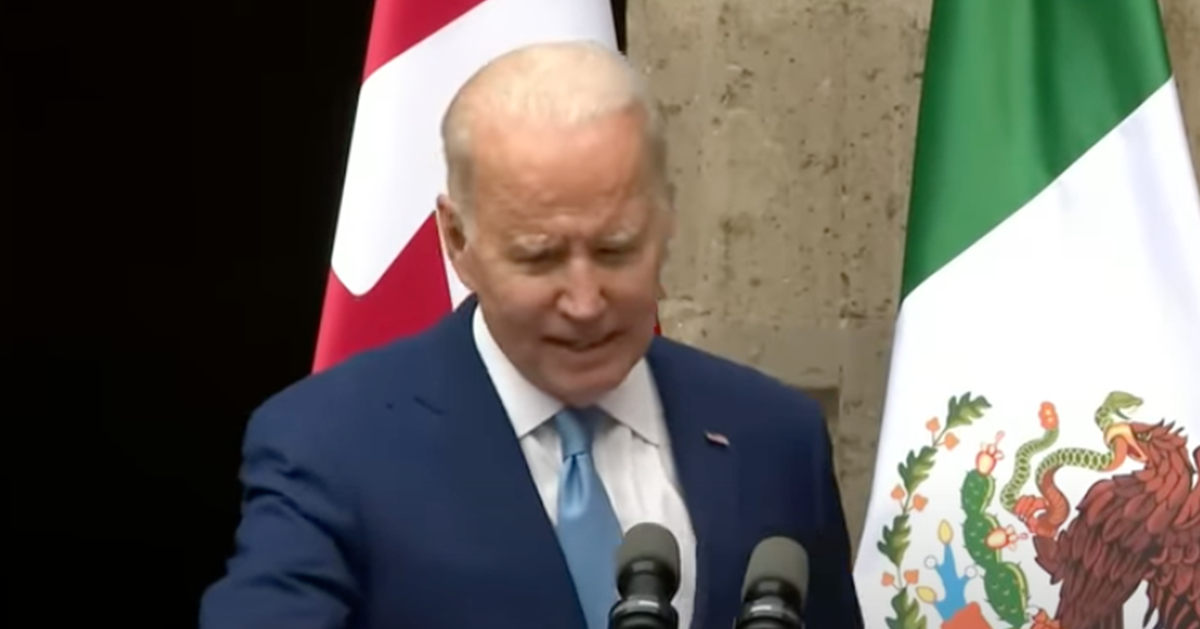FTC Votes To Outlaw Non-Compete Clauses Nationwide
In a decisive move, the Federal Trade Commission (FTC) has implemented a new rule banning non-compete agreements across the country.
The FTC's regulation aims to boost economic growth by enabling greater worker mobility and higher wages, as Fox Business reports.
The Commission, led by its Democratic majority under the administration of President Joe Biden, cast a 3-2 vote to prohibit these restrictive clauses.
This decision aligns with the agency's January 2023 proposal to curb practices that suppress wage growth and inhibit employees' career advancements.
Historically, non-compete agreements have prevented employees, especially those in senior roles, from joining rival companies. Under the new rule, such agreements will no longer be enforceable, with the exception of certain high-earning senior executives.
Expansive Impact on Worker Freedom and Business Growth
FTC Chair Lina Khan highlighted the expected benefits of this regulation. She predicted an increase in both wages and entrepreneurial activities, suggesting a significant economic upswing due to enhanced competition and innovation.
Specifically, the FTC anticipates that eliminating non-compete clauses will lead to the creation of over 8,500 new startups annually and boost worker incomes by an average of $524 per year. These effects contribute to a broader strategy of invigorating the U.S. economy by removing barriers to employment transitions and business establishment.
New Rule Anticipated to Transform Multiple Sectors
The broad application of this rule could redefine competitive dynamics not just within technology and healthcare, but across various sectors, potentially reducing healthcare costs by as much as $194 billion over a decade.
Approximately 30 million workers currently bound by non-compete agreements could directly benefit from this change.
President Joe Biden supported the FTC's decision, emphasizing the importance of worker rights in fostering a robust economic environment. He advocated for employees' freedom to move between jobs without undue restrictions.
Opposition and Legal Challenges Expected
However, the rule has faced significant opposition from business groups and some political figures who argue that non-compete agreements are vital for protecting intellectual property and maintaining competitive advantages.
The U.S. Chamber of Commerce has expressed its intention to challenge the FTC's authority to enforce this rule, suggesting that the decision might overreach the regulatory powers granted to the FTC. Neil Bradley, the Chamber's chief policy officer, warned of the broad regulatory implications if the rule stands.
Comments from opponents such as House Small Business Committee Chairman Roger Williams (R-TX) have highlighted concerns that the rule could disadvantage small businesses by making it easier for larger corporations to poach key talent.
Anticipating the Next Steps in Regulatory Enforcement
The legal landscape following the FTC's decision is expected to involve several high-profile lawsuits. These cases will likely shape the future enforcement and scope of the new rule.
As the legal challenges proceed, the impacts of this regulatory change will be closely monitored by policymakers, business leaders, and workers alike, setting a precedent for how similar policies might be approached in the future.
Conclusion: A Shift Toward Greater Economic Mobility
To summarize, the FTC's ban on non-compete agreements represents a pivotal shift in U.S. labor policy.
Aimed at enhancing worker mobility and increasing overall wage levels, the rule is set to catalyze economic dynamism by facilitating new business ventures and job opportunities.
While it faces opposition and impending legal battles, its long-term effects could profoundly reshape the American workforce landscape.






